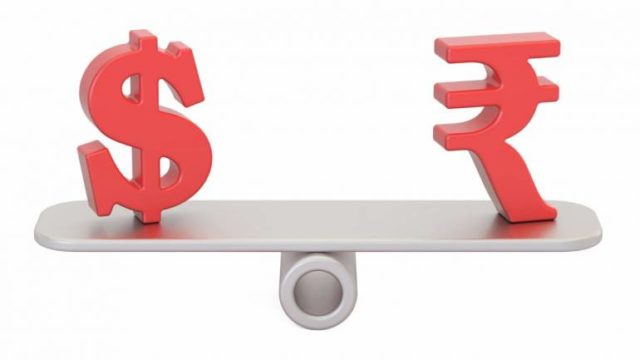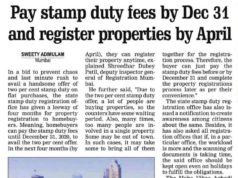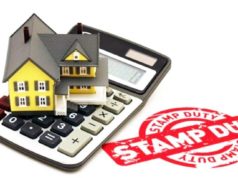With the Indian rupee touching record lows against the US dollar, we look at the impact it will have on the real estate sector, in terms of property prices and rental values
Fluctuations in the value of a currency, can affect the real estate market of a country in a variety of ways – from impacting the cost of services and raw materials used like steel and cement, to labour wages, transportation cost and subcontracting of architects, engineers and builders. The falling of the rupee against foreign currencies, is usually a sign of weakening economic health. A weak rupee can cause escalations in the budget and delays in the time frame of projects, thereby, impacting buyers and builders alike, in the long run.
Impact of depreciating rupee on real estate project costs
Aditya Kedia, managing director of Transcon Developers, points out that several building equipment, raw materials and construction technologies, are not easily available in the Indian markets and developers, hence, import them. In this case, any depreciation in the rupee, will negatively impact project costs and values. “It (the falling rupee) disturbs the smooth flow of growth, increment and new hiring process in the industrial sector. In such a situation, the demand for properties will condense and buyers may adopt a ‘wait and watch’ policy that will do nothing but slow down real estate transactions,” Kedia explains. Construction activity could also suffer, thus, causing delays in project deliveries.
Falling rupee and how it affects real estate investors
A depreciating rupee could also force the RBI to hike interest rates. The RBI has already bumped up its policy rates in the past two monetary policy reviews and more hikes could be on the cards, if the rupee continues to weaken. “Higher interest rates mean that loans will get expensive. So, the Indian real estate investor will have to face an increase in costs. As a result, the profit margins of investors, in the process of acquiring a house and looking to sell or rent the same, will take a hit,” explains Harsh Singh Chauhan, managing editor, Fintuned.
Experts point out that a weakening rupee, may lead to an increase in the prices of several household items. This can cause a spike in household expenditure and impact investors’ spending capacity towards real estate.
Impact of depreciating rupee on rental real estate
A depreciating rupee may even create a tight supply situation, as foreign investors lap up the existing inventory and buy stakes in new projects.
“A weak rupee will attract more foreign investment and lead to higher real estate prices in India, because of lean inventory. This will put investors in a stronger position to boost their rental income, as the shortage of houses or flats available for rent, means that the potential tenant will be willing to pay a premium for a property of choice,” adds Chauhan.
Depreciation of the INR, hence, could prove to be an effective tool for Indian taxpayers who capitalise on residential rental properties, as it enables one to spread out the value of procuring the property over decades, reducing each year’s tax liability.
Can investors stay protected from the depreciating rupee?
While a depreciating rupee may be good, for those who have already purchased properties, new investors will need to be cautious, if they are looking to get into the market at this time. Property prices could turn out to be overvalued, if they buy now and if the market does not sustain the momentum after the rupee normalises, they could see wealth erosion.
Ways in which property investors can reduce the impact of a depreciating rupee:
Invest in properties that offer good rental income prospects.
A commercial property could be a better choice over residential property, when the rupee is depreciating.
Similarly, a ready-to-move-in property may be a better choice, as compared to under-construction projects, due to lower uncertainty.
Invest in a property with a long-term horizon.
Investors, who choose properties wisely when the value of the rupee is falling and stay invested for a long time, can earn significant returns in the long term once the currency movements stabilise.
Source:housing.com










